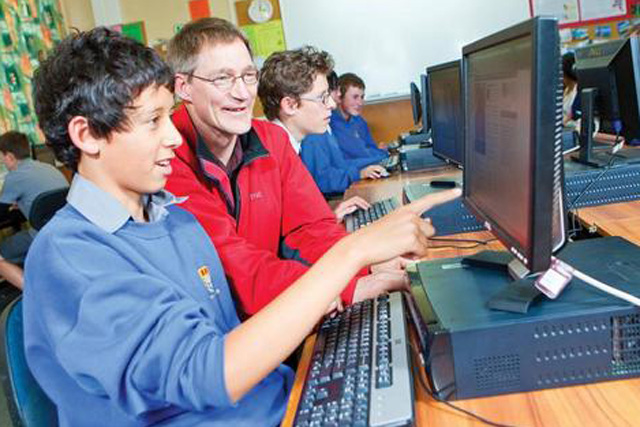The learning to learn principle
Welcome to The New Zealand Curriculum Update
Curriculum Updates support school leaders and teachers as they work to design and review their school curriculum in line with the New Zealand Curriculum and with current knowledge and understandings about effective classroom teaching.
Curriculum Updates are published in the Education Gazette and are available online.
This Update focuses on the New Zealand Curriculum principle of students learning to learn.
The principle of learning to learn is central to the New Zealand Curriculum vision of lifelong learning.
The curriculum encourages all students to reflect on their own learning processes and to learn how to learn.
The New Zealand Curriculum, page 9
This Update draws on evidence of why learning to learn is important. It describes how to foster learning to learn so that students take ownership of their own learning and play a greater role in classroom decision-making.
In a world where young people exercise personal choice over matters as trivial as the ring tones of their cellphone, or as far reaching as the learning pathways they pursue, denying them opportunities for active involvement in important learning and assessment decisions is likely to promote disengagement.
Absolum et al., 2009, page 8
What is learning to learn?
Young people are always learning, for example, from their families, their whānau, their peers, church, television, the Internet, and school. However, learning to learn is an active, intentional process that needs to be specifically taught.
Learning to learn, sometimes called learning autonomy or self-regulation of learning, is an aspect of managing self. It is itself a competency, that is, a bundle of skills, knowledge, attitudes, and values that, together with metacognition, enables people to take control of and improve their own learning and develop “learner identities”.
Pupils’ learning is more productive if it is reflective, intentional, and collaborative, practices which may not come naturally but can be taught and can lead to pupils taking responsibility for their own learning.
Black et al., 2006, page 126

